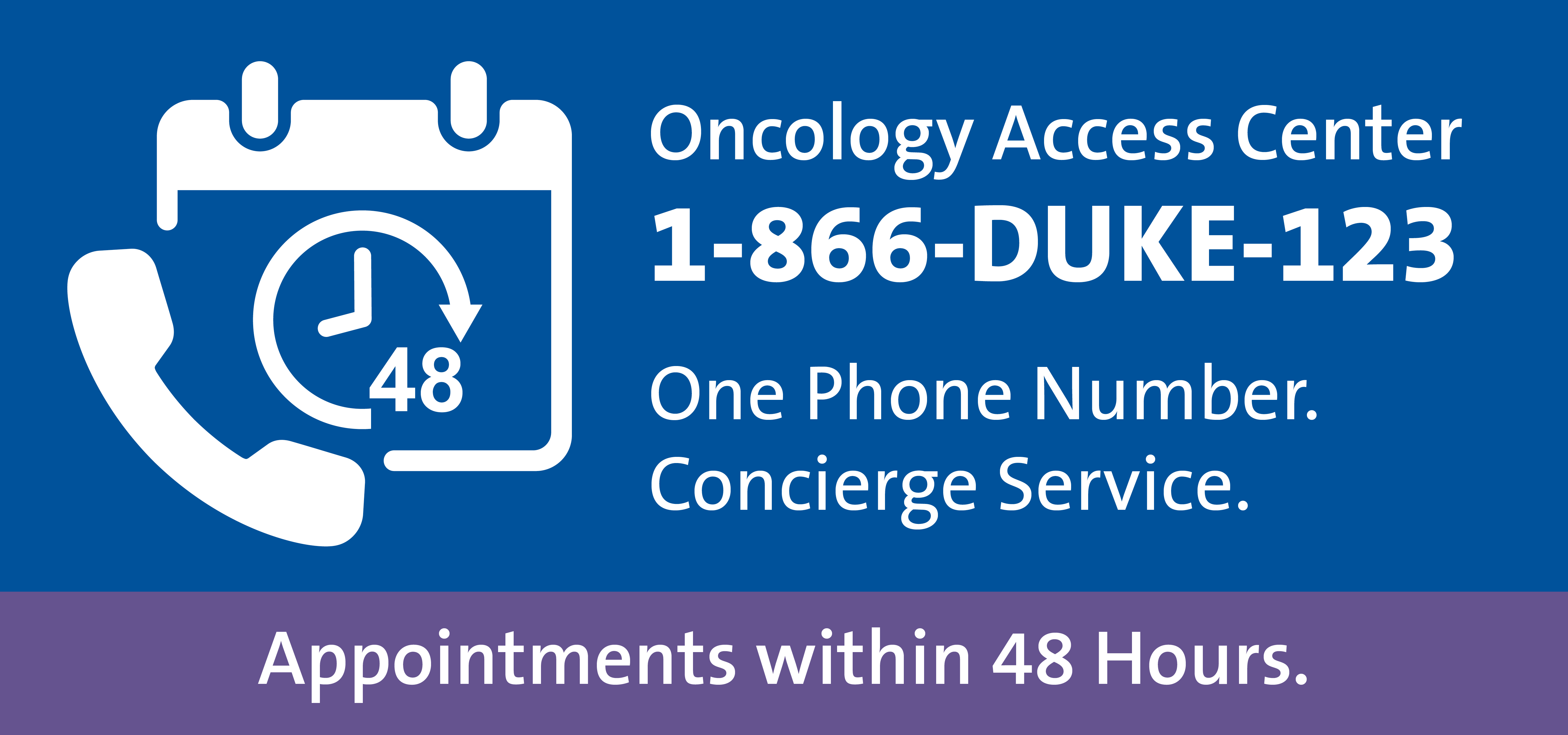New thoracic oncologist joins Duke Cancer Institute
Thoracic oncologist Laura Alder, MD, has joined the Duke Cancer Institute (DCI), treating patients at cancer centers in Raleigh and Durham. Alder completed a hematology-oncology fellowship at Duke before becoming full-time faculty in August.
“One of my favorite things about Duke is the multidisciplinary approach with medical, surgical and radiation oncology, and interventional pulmonology teams. Everyone works together with the patient at the center,” says Alder.
Alder’s primary focus is treating patients with thoracic cancers, including lung cancer and mesothelioma. She has a special interest in treating lung cancer-related brain metastasis and advancing clinical research.
“I’m excited to grow the Thoracic Oncology team’s clinical trials portfolio and our collaboration with the brain and spine metastasis group. We are expanding brain and spine metastasis services into Wake County, so patients will have access to a high level of multidisciplinary care closer to home,” Alder says.
The Duke Center for Brain and Spine Metastasis (DCBSM) doctors and surgeons are among a handful of specialists in the country who are refining, performing, and teaching leading-edge treatments for brain and spine metastases. Collaboration with the DCBSM offers patients with advanced cancer more personalized, coordinated care among specialist groups.

Our referring provider team makes referring patients to Duke Cancer Centers in Wake County efficient and easy. Call Monday through Friday, between 8 a.m. and 4:30 p.m.
You can also email OncologyReferral@Duke.edu or use the referral form below.
Rapid access to thoracic cancer care
The DCI oncology access center simplifies the physician referral process and accelerates patient scheduling, offering appointments within 48 hours at Wake County locations.
Initial visits with an oncologist are comprehensive, and tailored to each patient’s needs. This improves referral communication while simplifying the patient experience and reducing time to treatment.
“With rapid access, patients receive quicker cancer care. Our team guides the patient through testing, diagnosis, treatment planning, and follow up. Throughout the process, we maintain a close working relationship with referring providers to deliver the best possible patient care. We’re all part of one team,” Alder says.
Alder adds, “Nurse navigators and support staff are integral to the team’s collaboration. They guide patients’ care and help maintain close connections with referring providers.”
Lung screenings lead to better outcomes
According to Alder, it’s important for patients at a high risk for thoracic cancers, like lung cancer, to identify risks and get appropriate screenings.
Lung screening is recommended for patients age 50 years or older with a length of smoking of at least 20 pack-years during their lifetime, and who currently smoke or have quit within the past 15 years.
“With appropriate screening, we can detect and treat malignancy earlier, which leads to better outcomes for patients. Often, we can aim to cure early disease,” says Alder.
Duke’s comprehensive screening services offer patients low-dose radiation lung CT scans or video screening visits with imaging appointments available at multiple locations, including Duke Imaging Cary Parkway, Duke Imaging Heritage, Duke Imaging at Duke’s Women’s Cancer Care Raleigh, and Duke Raleigh Hospital Imaging Services.
To schedule a low-dose radiation CT lung screening, call 919-684-7999.
